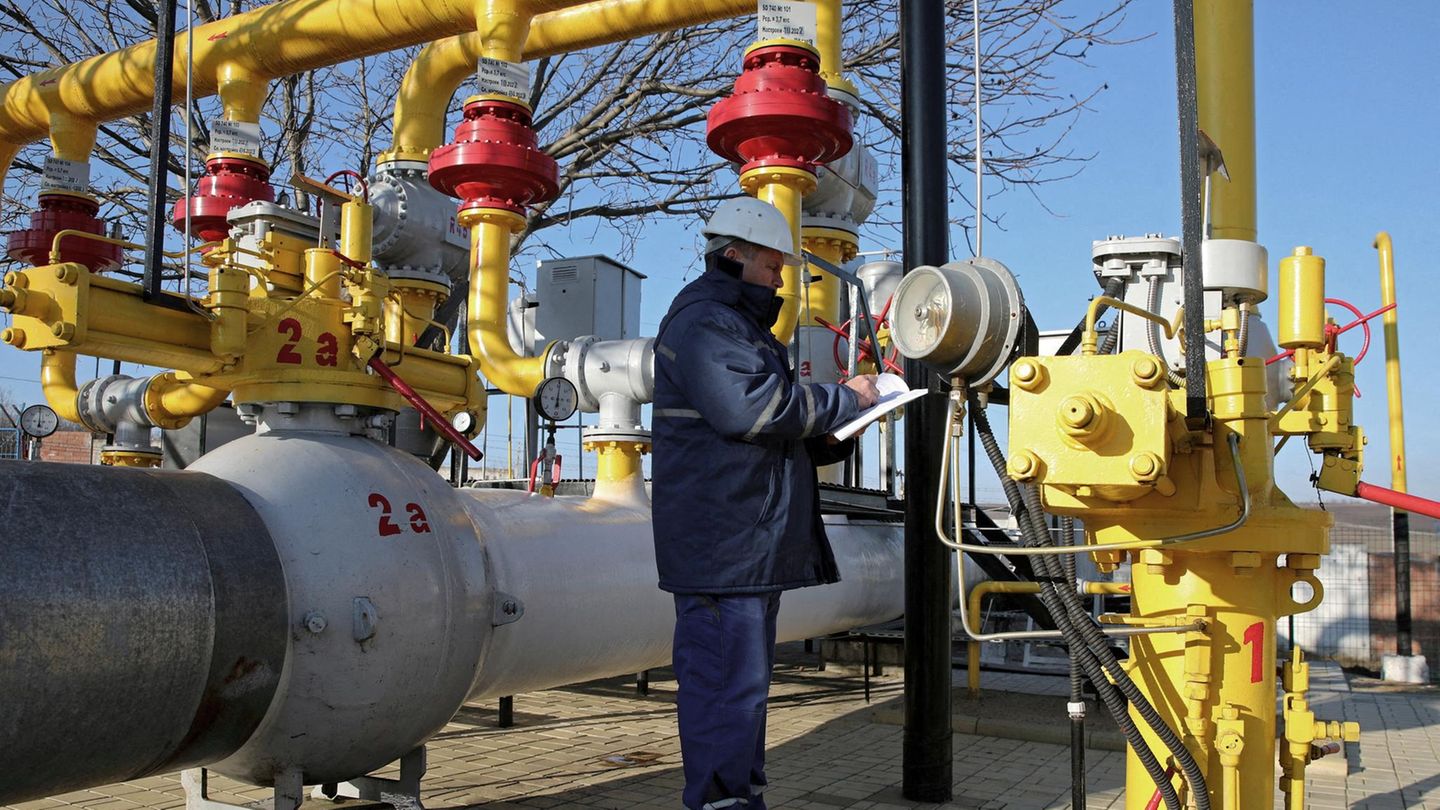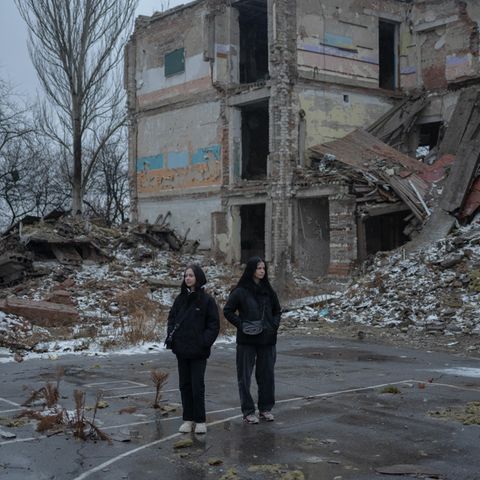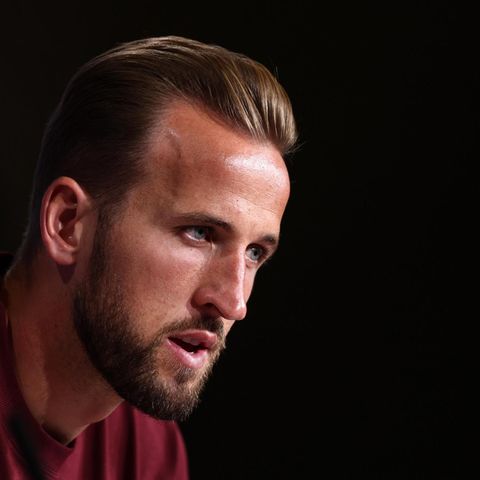Ukraine stops gas transit
Will the lights go out soon in Moldova?
Copy the current link
Freezing in Moldova: At the turn of the year, Ukraine ended the transfer of Russian gas. This creates bottlenecks in the small country in eastern Europe.
Actually unimaginable, but until New Year’s Eve, Russian gas was still flowing via a pipeline through Ukraine to Europe – and not a little: over the last five years, most recently around cubic meters per day. The pipe and the compressor stations were not attacked once in almost three years of war.
Because Russia deserved something like that. But now the five-year contract has expired – and Ukraine has not renewed it, as previously announced.
Moldova is dependent on Russian gas
EU countries are also affected, especially Hungary and Slovakia, where the dependence on Russian pipeline gas is greatest. After the gas stop, the left-wing populist Slovak Prime Minister Robert Fico immediately threatened to stop aid for Ukrainian refugees and electricity deliveries to Ukraine. However, these EU countries can be supplied with gas from other regions of the world via the European pipeline network – and via the Balkans, where the “Turkstream”pipeline brings Russian gas to Europe via Turkey.
However, the delivery stop is likely to cause a political earthquake in the small EU candidate state Moldova. The reason for this is a complicated construct: Until now, Russia has been supplying gas to the Republic of Transnistria, which has broken away from Moldova, practically free of charge – an important reason why the 350,000 people there, a mixture of Russians, Moldovans and Ukrainians, are largely pro-Russian.
A power plant located in Transnistria produced electricity from free Russian gas and delivered it almost free of charge to the citizens of the breakaway republic – and cheaply to the citizens of Moldova. Until recently, 80 percent of the electricity consumed in Moldova came from there. In this way, Russia subsidized this small one “republic”where around 1,500 Russian soldiers are stationed to this day and, among other things, guard a huge ammunition depot that dates back to Soviet times.
But the separatists’ business model has now been destroyed, and the residents of Transnistria have been living without hot water or heating since the New Year. Schools and daycare centers are no longer heated, and most industrial companies are at a standstill. The power plant now produces electricity with the remaining gas reserves and coal, but only for Transnistria.
Moldova has been receiving its gas from the European network for over a year – but at higher prices, which is why the price was already at the beginning of December. The situation is even more difficult when it comes to electricity: the country is now importing it from Romania, although the first high-voltage connection is likely to be completed. Electricity prices fell by two thirds at the beginning of the year. The country’s Prime Minister had told people in September that the prices for gas and electricity would not rise in the winter.
Some in the Moldovan capital Chisinau are now hoping that the crisis could create an opportunity to reintegrate Transnistria into the Moldovan state. Because without the free gas, the local administration is left with practically no resources.
But the problem could be much bigger for the pro-European Moldovan President Maia Sandu: In the fall she was re-elected only very narrowly and thanks to the votes of Moldovans abroad, but this year there are parliamentary elections – in which her party is in danger of losing the majority. In Europe’s poorest country, skyrocketing energy prices are unlikely to contribute much to Sandu’s popularity.
As expected, the opposition is blowing this horn. “We are facing very difficult times”writes Igor Dodon, former pro-Moscow president and head of the largest opposition party, on Facebook, accusing President Sandu of “Play in the interests of foreigners and not in the interests of Moldovans” to play. “There is only one way to change this situation: the government must be replaced in the elections.”
Source: Stern
I have been working in the news industry for over 6 years, first as a reporter and now as an editor. I have covered politics extensively, and my work has appeared in major newspapers and online news outlets around the world. In addition to my writing, I also contribute regularly to 24 Hours World.





